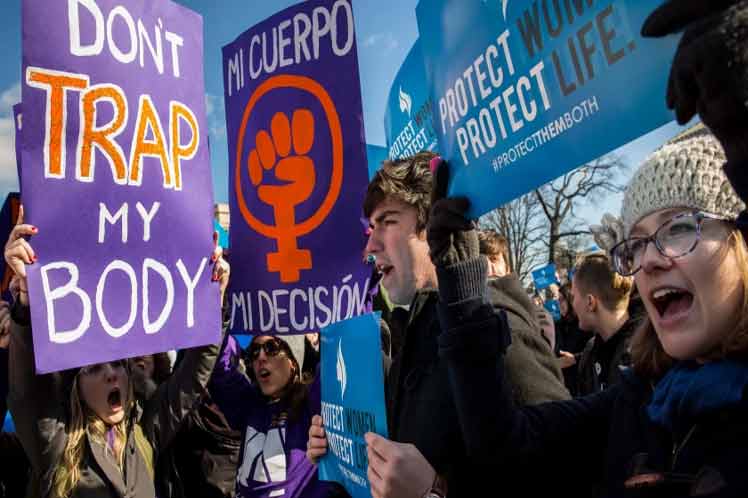In a statement, the UN High Commissioner for Human Rights Office pointed out that this new legislation poses unprecedented obstacles to aborting safely in almost all cases, thus expressing great concern about the ‘new forms of pressure’ on those who champion sexual and reproductive health and rights, including service providers.
The legislation allows private citizens to sue abortion providers and anyone else who helps a woman obtain an abortion, including those who give a woman a ride to a clinic or provide financial assistance in obtaining an abortion. Private citizens who bring these suits don’t need to show any connection to those they are suing. If they prevail, the law entitles them to a minimum of $10,000 in damages, plus attorneys’ fees.
The Texas law, passed in May, bans all abortions in the state after about six weeks of pregnancy well before many women even know they are pregnant.
With 5-4 votes, the US Supreme Court strongly rejected the request of a group of human rights defenders, who urged justice to block the most restrictive abortion legislation in the country.
Currently, 85% of pregnant women who terminate their pregnancies do so in that period of time, according to activists.
pgh/Pll/msm / ifb









